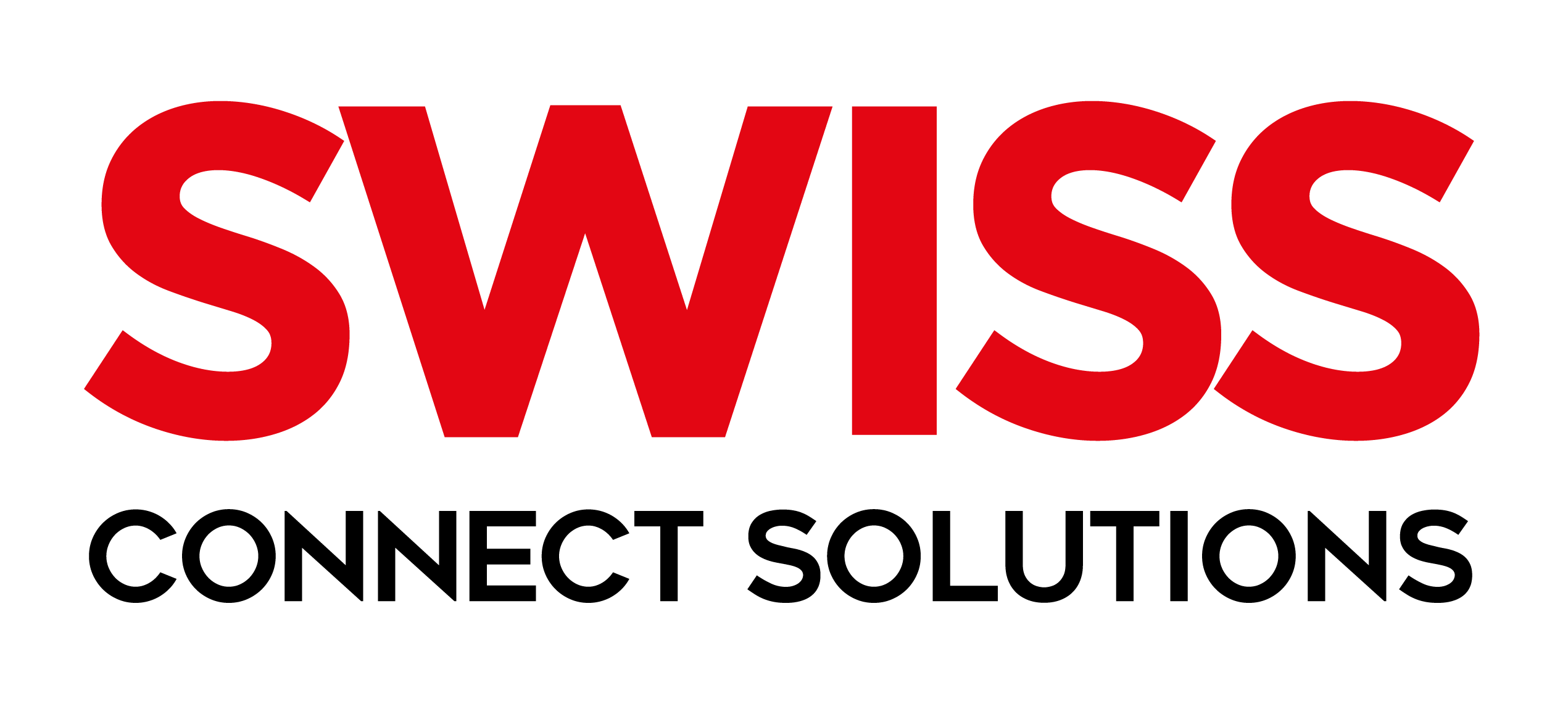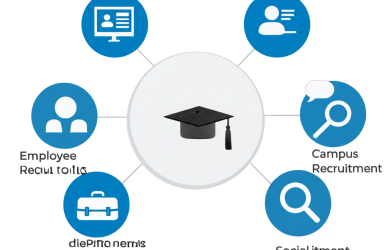What is Human Resource?
Definition and Concept
Human Resource (HR) refers to the people who make up the workforce of an organization. But it’s more than just a headcount—HR is the beating heart of any company. It includes every employee, from interns to CEOs, who contribute to the growth and success of the business.
Evolution of Human Resources
The concept of HR has evolved from simple personnel management in the early 20th century to strategic human resource management today. It now includes employee engagement, mental well-being, corporate culture, talent development, and more.
What is Human Resource Management (HRM)?
Understanding HRM in Modern Businesses
Human Resource Management is the strategic approach to managing people effectively in a workplace. It’s not just about hiring and firing—HRM involves planning, organizing, leading, and controlling the human capital of an organization.
Key Objectives of HRM
- Attract and retain top talent
- Improve employee performance
- Ensure compliance with laws
- Foster a positive work culture
- Align workforce goals with business goals
Difference Between HR and HRM
While “HR” often refers to the department or the people themselves, “HRM” is the method or approach of managing those people strategically.
What Does HR Do?
The Core Responsibilities of HR
HR plays a critical role in both the day-to-day operations and long-term strategy of any company.
Administrative Duties
- Managing employee records
- Handling payroll
- Organizing benefits and compensation
- Maintaining compliance with labor laws
Strategic Responsibilities
- Planning workforce needs
- Designing training programs
- Developing succession plans
- Creating company culture
Importance of Human Resource
Driving Organizational Success
HR ensures that the right people are in the right roles. It matches skills to tasks and monitors performance—key elements in business success.
Building and Maintaining a Positive Work Culture
HR promotes employee engagement, diversity, inclusion, and work-life balance. A healthy work environment results in higher productivity and satisfaction.
Lowering Legal and Compliance Risks
HR helps companies comply with labor laws, safety regulations, and ethical standards. It prevents lawsuits, fines, and reputational damage.
Supporting the Employee Lifecycle
From recruiting to retirement, HR supports every phase of the employee journey, ensuring a smooth experience.
Profitability Through Smart Cost Management
By optimizing labor costs and reducing turnover, HR plays a direct role in improving a company’s bottom line.
Key Functions of Human Resources
Hiring Processes
Recruiting the Right Talent
HR identifies skill gaps and sources qualified candidates through job boards, recruiters, and referrals.
Onboarding and Orientation
New hires are introduced to the company culture, values, and tools. This builds loyalty and speeds up productivity.
Payroll Management
Timely Payments
Ensuring employees are paid on time boosts morale and trust. HR handles wage calculations, overtime, and deductions.
Tax Compliance
Payroll must align with legal tax regulations—HR makes sure companies stay compliant to avoid penalties.
Negotiating Benefits
Health Insurance, PTO, Retirement Plans
HR manages benefit packages that keep employees satisfied and motivated.
Attracting and Retaining Talent
Better benefits lead to stronger employer branding and lower turnover rates.
Employees Safe and Happy
Workplace Safety
HR implements safety training and policies that keep employees physically protected.
Mental Health and Wellness
Programs that support mental well-being, like counseling and flexible hours, fall under HR’s watch.
Strategic Management
Aligning HR Goals with Business Strategy
HR works with leadership to ensure that employee efforts support broader business objectives.
Workforce Planning
Anticipating hiring needs, planning for retirements, and creating future roles are part of strategic HR.
Training and Development
Upskilling and Reskilling Employees
HR arranges training sessions and courses to keep employees current with industry changes.
Leadership Development
Programs are developed to identify and train future leaders within the organization.
Performance Management
Setting KPIs and Evaluations
HR works with managers to define goals and measure employee progress regularly.
Feedback Mechanisms
Regular reviews and feedback systems help improve performance and transparency.
Conflict Resolution
Mediation and Fair Practice
HR acts as a neutral party in disputes to ensure fair treatment and reduce workplace tension.
Building a Trusting Environment
By promoting open communication, HR nurtures a culture of trust and cooperation.
Motivation
Recognition and Reward Systems
Bonuses, awards, and public praise help keep employees motivated and productive.
Career Advancement Opportunities
Clear career paths and promotion opportunities inspire loyalty and long-term commitment.
Conclusion
Human Resource is more than just a department—it’s the backbone of any thriving business. Whether it’s ensuring employees get paid on time, resolving conflicts, or aligning workforce goals with company strategy, HR is deeply woven into every aspect of an organization’s success. A company without strong HR is like a car without an engine—it just doesn’t go anywhere. As the business landscape evolves, the role of HR becomes even more critical. Investing in people is investing in success.
FAQs
1. Why is HR important in a company?
HR ensures the right people are hired, trained, and supported, while also managing compliance, culture, and performance.
2. What are the 5 main roles of HR?
Hiring, payroll, training, employee relations, and compliance.
3. How does HR help in improving productivity?
Through performance management, training, motivation, and resolving workplace issues that may affect morale.
4. Can a company function without HR?
It might survive temporarily, but without HR, long-term growth, employee satisfaction, and legal compliance become huge challenges.
5. What skills should a good HR professional have?
Communication, problem-solving, empathy, strategic thinking, and knowledge of employment laws.



